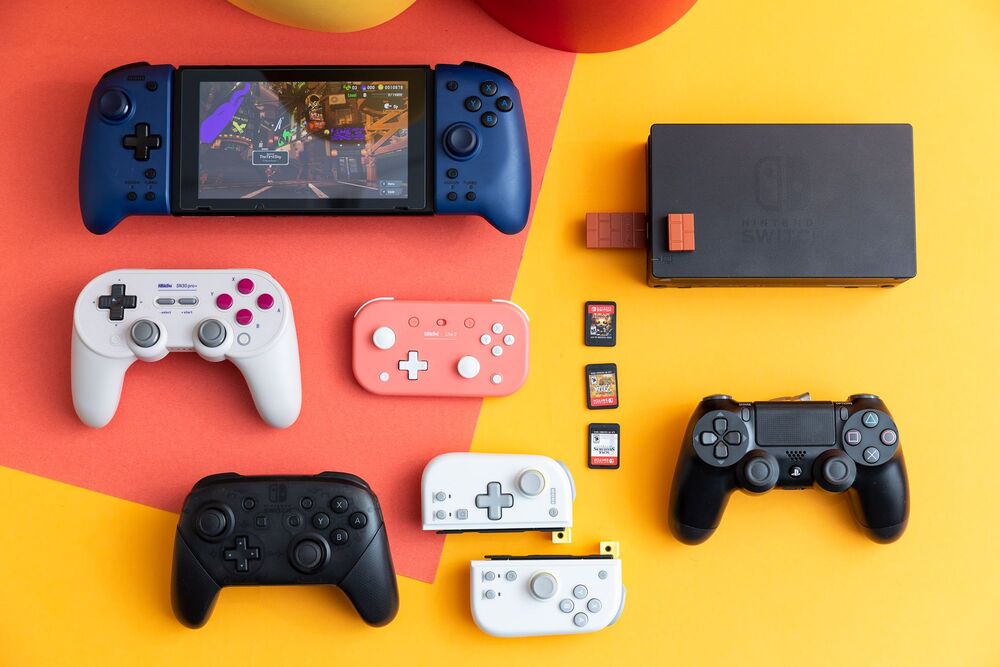

I’m surprised that the effect of major rivers is big enough to be visible on a global map, at least in otherwise saline areas (Amazon, Mississippi, Congo?). Interestingly, the world’s longest river (Nile) which drains into one of the saltiest seas (Mediterranean) doesn’t register on this scale at all.










Als Alternative zu Ancona gäbe es auch Bari/Brindisi weiter südlich, mit Verbindung nach Patras. Eine gute Option, wenn man die Schifffahrt mag aber nicht ganz so lange wie bei der Anconafähre im Schiff sitzen will. Allerdings ist das Meer im Süden etwas offener (für einige ist das weniger entspannt).
So hat man auch mehr Zeit, Italien zu erkunden, und im Vergleich zur Balkanroute bleibt man innerhalb Schengens/der EU.